While the urban nuclear family has its advantages, it also leaves the elderly vulnerable to neglect and loneliness. As age advances, many retired seniors find their contemporaries passing away; their children are busy with careers, the grandchildren no longer need them, their health starts declining. At the age when they need care and attention, they are often left alone and depressed. It is worse if they lose a partner, and have nobody to talk to. It just seems to them as if their lives are reduced to the wait for death. In the West, there are retirement homes for senior citizens, and the trend is catching in India, where traditionally the family was the caregiver. Is that a practical solution or a cruel one?
Over the years, many films have examined this unfortunate situation of loneliness among elders. A pick of ten that examined the travails of ageing:
A Man Called Otto (2022):
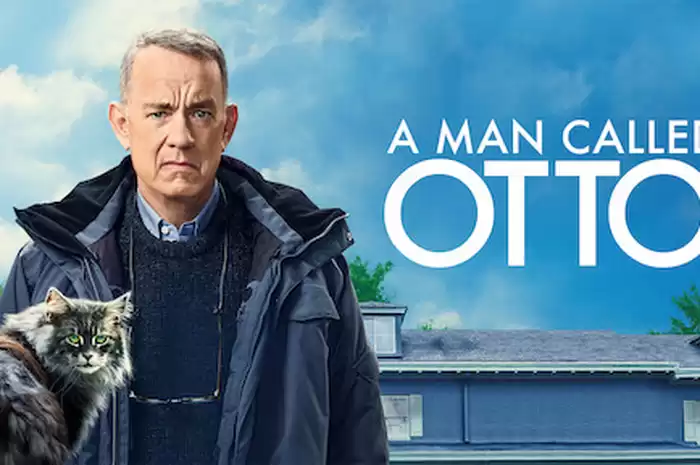
Fredrik Backman’s best-selling novel, A Man Called Ove, was made into a movie in its original language, Swedish in 2015. A few years later, Tom Hanks starred in the Hollywood version, A Man Called Otto, directed by Marc Forster. It is rare that the loneliness of old age can be portrayed without mawkishness. The book and its movie adaptations retain the warmth and humour of the novel – which is so brilliant, that anyone not moved by it, must be heartless. Ove or Otto in the English movie, is seen by his neighbours as a cranky old man—though he is barely 60– forever griping about rules. After losing his wife, Otto has lost his desire to live, and is about to hang himself, when there’s a knock on the door. A boisterous young woman has moved into the house across the street with her husband, two kids and a third on the way. No matter how rude Otto is, and however hard he tries to push her away, she refuses to let him be. Every time he finds a seemingly fool proof way to end his life, he is interrupted by the cheerful neighbour. By the end, he is drawn into their family and is not lonely any more. The book and film say something very simple—it does not take much to bring some joy into the world.
Nomandland (2020):

Cloe Zhao’s Oscar-winning film, based on a terrific non-fiction book by Jessica Bruder, titled Nomadland: Surviving America in the Twenty-First Century, which documents the heart-wrenching, yet hopeful phenomenon, of retired people, living an itinerant life, like modern day gypsies. They travel from place to place, in campers, vans or RVs, taking up seasonal jobs. They are people who either have no families, or have been abandoned by them. Their financial situation does not permit them to hold on to their homes, and they are too old to work at the conventional jobs, which they did all their lives. The protagonist of Zhao’s film is Fern, played by the brilliant Frances McDormand, loses her husband and her job when the gypsum mine that employed most of the town of Empire, shuts down during the 2011 recession. She sells her home and possessions, packs the bare minimum into a van repurposed with sleeping and storage arrangements, and sets off on a journey to nowhere. It may look like a sad, solitary life, but to the elderly nomads, it is a community of hopeful souls.
Amour (2012):

Micheal Haneke’s heart-breaking masterpiece, winner of the Palme d’Or at Cannes, starred the legendary Jean-Louis Trintignant and Emmanuelle Riva as an octogenarian couple—Georges and Anne. One day, after the stress of their house being broken into, Anne has a stroke and over the next few months, her condition deteriorates till she is barely able to move. Georges looks after her as best as he can, with some help from nurses, but the tragedy of age, helplessness and loneliness leads him to smother Anne to death, and later dies too. The neighbours complain of a smell from the apartment, and when of firemen and police break down the door, they find the corpse Anne lying on a bed, adorned with cut flowers, and Georges dead on a couch. The story of their love, struggle and despair is narrated in flashback, and leaves not a dry eye among the audience.
Baghban (2003):

Is there anything lonelier than having an uncaring family? In Ravi Chopra’s weepie, an elderly couple, Raj and Pooja Malhotra (Amitabh Bachchan – Hema Malini) are put in a strange quandary by their nasty sons. Neither wants the ‘burden’ of looking after the parents and they decide to separate them, so that each son has to care for one parent. After living together for over 40 years, the seniors are lonely and miserable. They are not treated with the respect and compassion they expect from their sons and their spouses. The film did well because so many seniors saw their own lives reflected in the tribulations of the Malhotras.
About Schmidt (2002):

Jack Nicholson played William Schmidt in this Alexander Payne film, in which, an insurance man retires from his job, and does not know how to deal with the emptiness of his days. When his wife dies, the loneliness hits even harder. He stops bathing, spends all his time in front of the TV and eats frozen foods. After he discovers that his wife had been unfaithful to him, he spirals downwards even more. He then decides to drive his newly acquired RV to visit his daughter and try to prevent her from marrying a man Schmidt considers inferior. It was a role written for an older Nicholson, who could play a batty old man with full conviction.
Bariwali (2000):
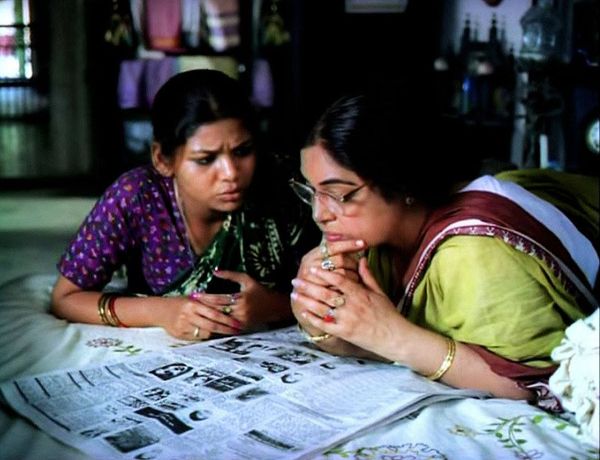
The woman in Rituparno Ghosh’s Bengali film is not old, but well past middle-age and living a solitary life in a sprawling estate. Her fiancé died of snake bite a day before the wedding, and that blighted the unfortunate Banalata’s (Kirron Kher) life. She rarely moves out of her home, and is desperately lonely. For financial reasons, Banalata is persuaded to allow a film crew to shoot in a part of her mansion. Floored by the charm of the director, she falls in love with him; he encourages her infatuation to suit the purpose of his film. Once the shooting is finished, Banalata is abandoned again, but after days of being surrounded by people, her isolation feels more acute. Her letters to the director go unanswered, and the small part she had been persuaded to play in the film, is edited out. Ghosh treated the character and the story with a poetic sensitivity that was deeply moving.
Saaransh (1984):
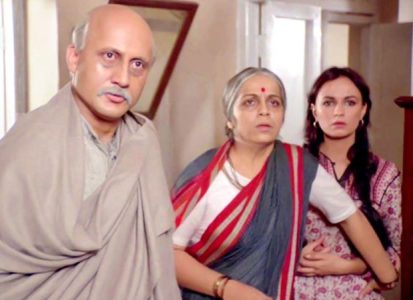
In Mahesh Bhatt’s dramatic film, the lives of the elderly BV Pradhan (Anupam Kher) and his wife Parvati (Rohini Hattangadi) are shattered when their only son dies abroad. They lose their will to go on, and their depression is somewhat reduced when they take on a paying guest, Sujata, an aspiring actress. On the night the despondent Pradhans decide to end their lives in a moment of hopelessness, they discover that Sujata is pregnant by the son of a politician who wants her dead. Parvati believes that her son will be reincarnated as Sujata’s child, and in trying to protect her and fight powers much beyond their ordinary existence, they find the will to live.
36 Chowringhee Lane (1981):
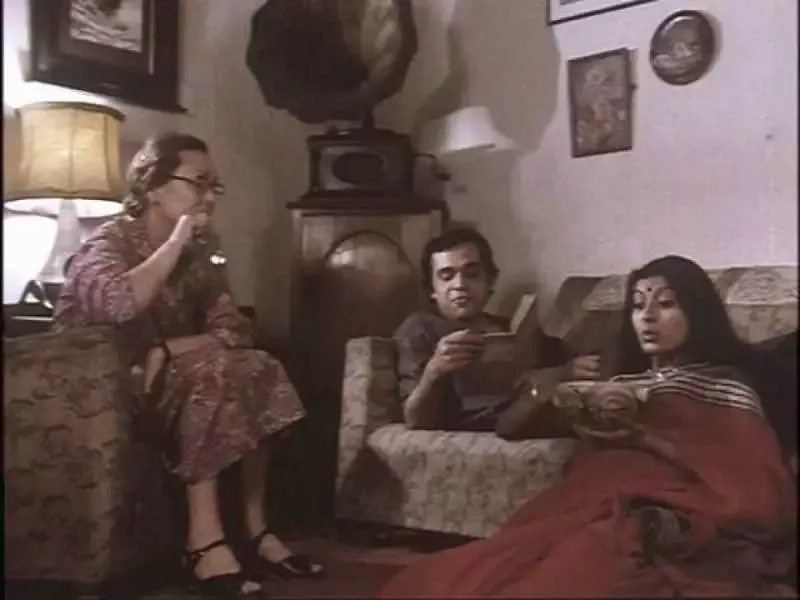
Aparna Sen’s first film as director, Shashi Kapoor’s first film as producer, and one of the few films that starred his wife Jennifer Kendal, in an exquisite performance as an Anglo-Indian school teacher Violet Stoneham, who lives a lonely life in her single room flat in Calcutta, with only a cat for company. Her brother Eddie (played by Jennifer’s father Geoffrey Kendal) is senile and lives in a nursing home She is delighted when her former student Nandita seeker her out and also bring her writer boyfriend, Samaresh, to visit. Suddenly, she has friends, and something to look forward to in her bleak life. Little does she know that the two have befriended her only to be able to use her flat for their sexual assignations. When they get married and have no further need for the flat, she discovers that they have callously cut her out of their lives.
Wild Strawberries (1957):
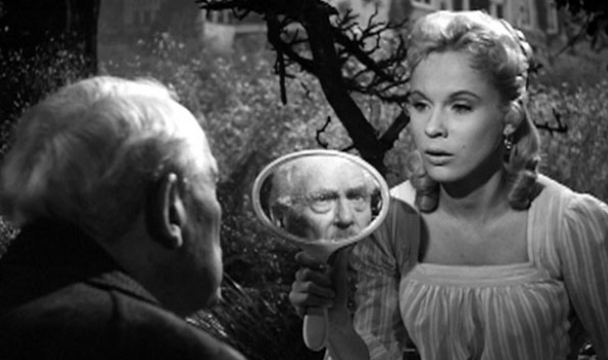
Ingmar Bergman’s Swedish classic, starred Victor Sjöström as the aloof and lonely Dr Isak Borg, a widower, who has retreated into an isolated life, because his temperament has alienated everybody. He has to travel from his home in Stockholm to Lund to accept an honorary degree and decides to drive instead of flying. He is accompanied by his pregnant daughter-in-law, Marianne. The stops on the way and the encounters he has with people, force Dr Borg to reminisce about his own life, his emotionally distant mother, the woman he loved, who chose to marry his ne’er to well brother, and his standoffish, middle-aged son.
Ikiru (1952):
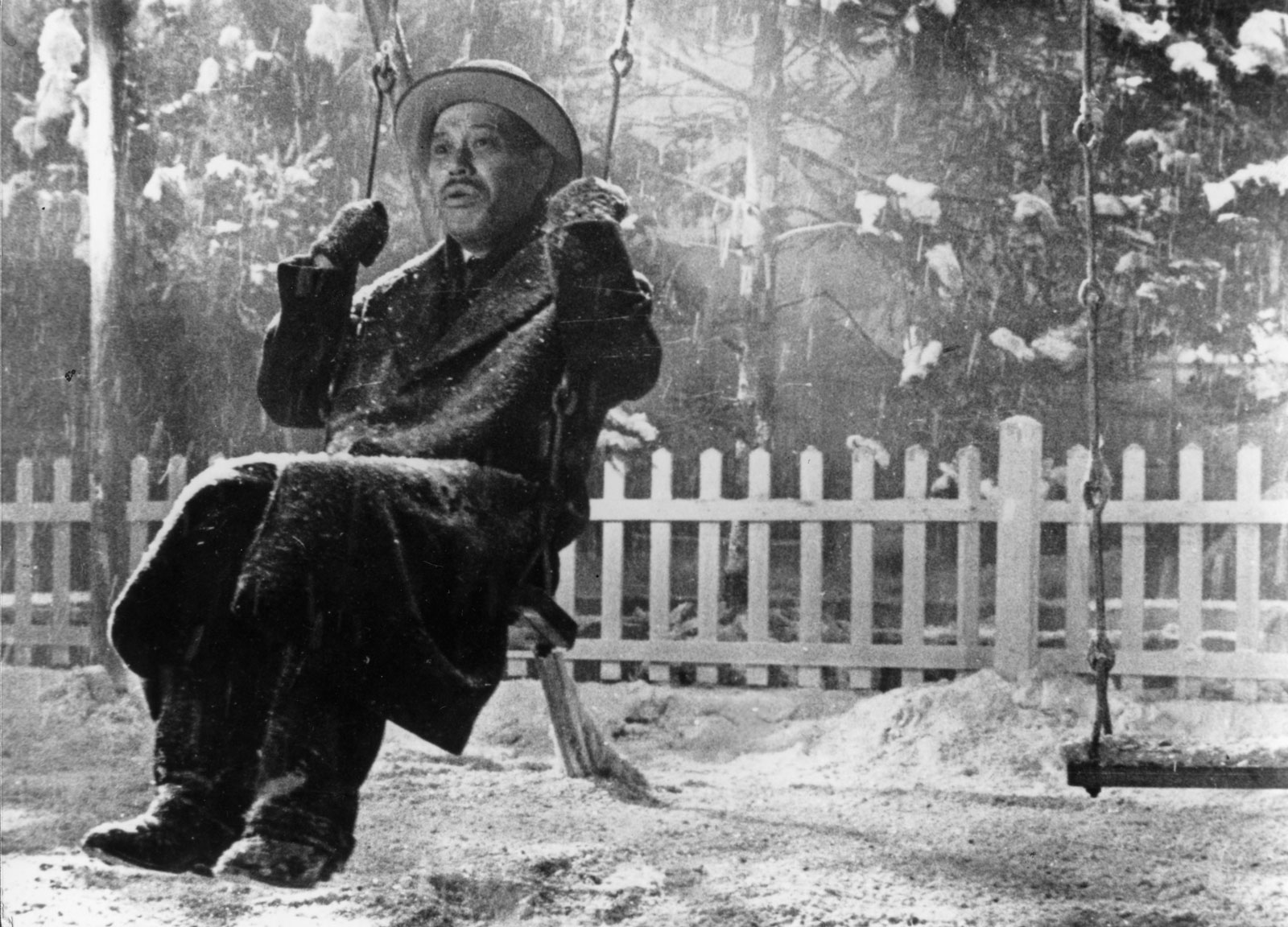
An Akira Kurosawa masterpiece, the Japanese film is about Kanji Watanabe (played by Takashi Shimura) is a civil servant, close to retirement. He has lived a routine and monotonous life in Tokyo’s public works department, without really having achieved anything. His wife is dead, and his son is just waiting for Kanji to die, so that he can get his hands on his property and pension. Then Kanji discovers he has cancer and very little time left. He suddenly tries to look for pleasure in places he never went to before. Eventually, he decides to help the construction of a playground that had, for years, been caught up in a bureaucratic tangle. In the last moments of his life, he sits on a swing at the park he built, and as the snow falls, sings a song. The film is a tragedy about an elderly man learning how to live and get a sense of purpose, when it is too late.








